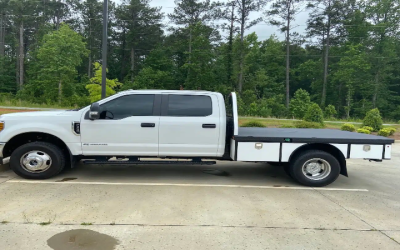If you’re in the market for a hitch coupler, you’re on the right path to ensuring a safe and secure towing experience. The world of hitch couplers can be vast and sometimes overwhelming, but in this blog post, we’ll break down the essential factors to consider when shopping for a hitch coupler.
Understand Your Trailer’s Specifications
Before embarking on your hitch coupler journey, familiarize yourself with your trailer’s specifications. Know the gross trailer weight (GTW), tongue weight, and ball size requirements. This foundational knowledge will guide you in choosing a hitch coupler that meets your trailer’s unique needs.
Match Ball Size to Coupler Size
A harmonious connection between the hitch coupler and the trailer ball is crucial for safe towing. Ensure that the coupler you choose matches the size of your trailer ball. Common sizes include 1 7/8 inches, 2 inches, and 2 5/16 inches. A snug fit guarantees stability on the road.
Consider the Weight Rating
Hitch couplers come with weight ratings indicating the maximum load they can safely handle. It’s imperative to match the weight rating of the coupler to the GTW of your trailer. Exceeding weight limits can compromise safety and lead to unnecessary wear on your towing equipment.
Select the Right Coupler Type
Hitch couplers come in various types, each catering to specific towing needs. Consider the following:
- Standard Couplers: Versatile and easy to use, standard couplers are a common choice for various trailers.
- Adjustable Couplers: Ideal for trailers with varying tongue heights, adjustable couplers provide flexibility in hitch height.
- Collar-Lok Couplers: Known for their secure locking mechanism, Collar-Lok couplers offer an extra layer of safety.
Choose a coupler type that aligns with your towing preferences and the unique demands of your trailer.


